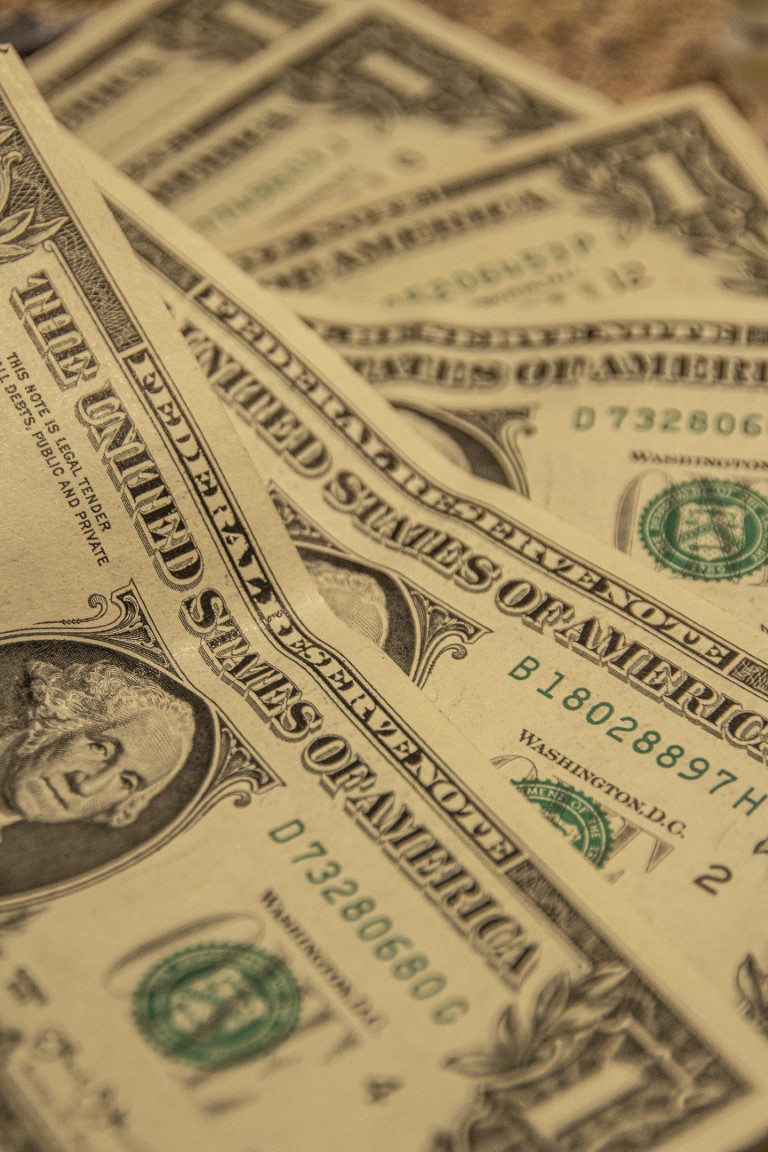
You’re angry about the wrong thing
By Matthew Fraser, Opinions Editor
On September 27, the New York Times (NYT) released a 10,000+ word article detailing the tax schemes employed by Donald Trump to conserve his image and his wealth. After reading the article in its entirety, I can tell you that it is not the bombshell we hoped for as it doesn’t expose any new or unheard-of ties to Russia. I do think that these show for the umpteenth time that Trump is a failed business man, and if somehow you didn’t think that he engages in some of the most egregious nepotism, there is a section that I believe can inform you of that.
Forget the potential legal aspects of how the New York Times acquired this information and let’s consider the real story in this article. The same day that the article was released, Speaker Pelosi tweeted: “It is a sign of President Trump’s disdain for America’s working families that he has spent years abusing the tax code while passing a GOP Tax Scam for the rich that gives 83 percent of the benefits to the wealthiest 1 percent.” Yet, she was part of the very house that passed the “Great Recession bailout” that Trump exploited. I believe the tax schemes that netted Trump almost two decades worth of tax avoidance starting in the mid ’90s have been used by thousands of real estate moguls before and after him. Anger at the meager tax payments of Trump excuses the real problem of tax loopholes that the rich can and do exploit; the fact that these loopholes still exist basically renders any and all efforts to increase tax rates meaningless.
Anger at the meager tax payments of Trump excuses the real problem of tax loopholes that the rich can and do exploit
Tax loopholes have existed in America and have sometimes been exploited by anyone with enough money to hire the right accountants and lawyers since at least the 1970s. In fact, the article details how Richard Nixon used similar loopholes to pay a meager $793 dollars on his 1970 income, an act that raised such uproar that it subsequently spawned the precedent that all presidents and presidential candidates would release their taxes to the public. Yet these tax loopholes pass congress and lawmakers desks with bipartisan support all the time. The 2009 economic stimulus package was passed under President Obama, with a $787-billion dollar price tag. Most of that money went to bailing out banks but it included corporate tax cuts and provisions to protect the wealthy from further taxation. The NYT article states that a mostly unnoticed provision within the 2009 bailout doubled the validity of tax coupons from two years to four and allowed business owners to get 50 percent of the value of credits more than five years old. It shouldn’t surprise anyone that Trump slid himself into one of those tax cuts and has used his tenure in office to make a couple more.
Even the failsafe of alternative minimum tax (a program designed to ensure that wealthy people couldn’t completely fall through the cracks) couldn’t stop him. As quoted in NYT: “in 2015, he paid $641,931, his first payment of any federal income tax since 2010.” To see that not even that can catch a wealthy man in the midst of an IRS audit for almost half a decade should tell people that the tax laws are too lose and too lenient. When the poor and lower middle class are paying upwards of 30 percent of their income while business elites shimmy away with fat pockets and a smile, the real villain is the system that allows it.
But frankly, this corruption is wholly and totally unsurprising. The Panama Papers showed just how deep and widespread these corruptions are; if one looks to media for examples, even old gangster movies or TV shows like The Sopranos accurately showed just how money gets laundered in our world today. In my opinion, Trump has shown himself to be corrupt almost everyday that he has been in the media spotlight since he first started his path of stardom. TED talks like Nick Hanuer’s have outlined the evils of this wealth accumulation for years as Trump has been but a naked display of this greed like no one before him, but that doesn’t make it all that surprising. This is what motivated Occupy Wall street to disrupt the machinations of the elite businessmen. This type of corruption is what motivated the protagonist of Mr. Robot. This is as unoriginal and bog standard as greed can get.
As much as I want to celebrate the faux outrage expressed by politicians, I know all too well that they are complicit in the schemes involved. With the laws that benefit corporations being passed at every session and the millions of dollars they pour into American political campaigns, it’s clear that the people will never benefit from the politics currently at play. There is no point in increasing tax rates if every business loss and hairdressing appointment becomes a tax write off.


